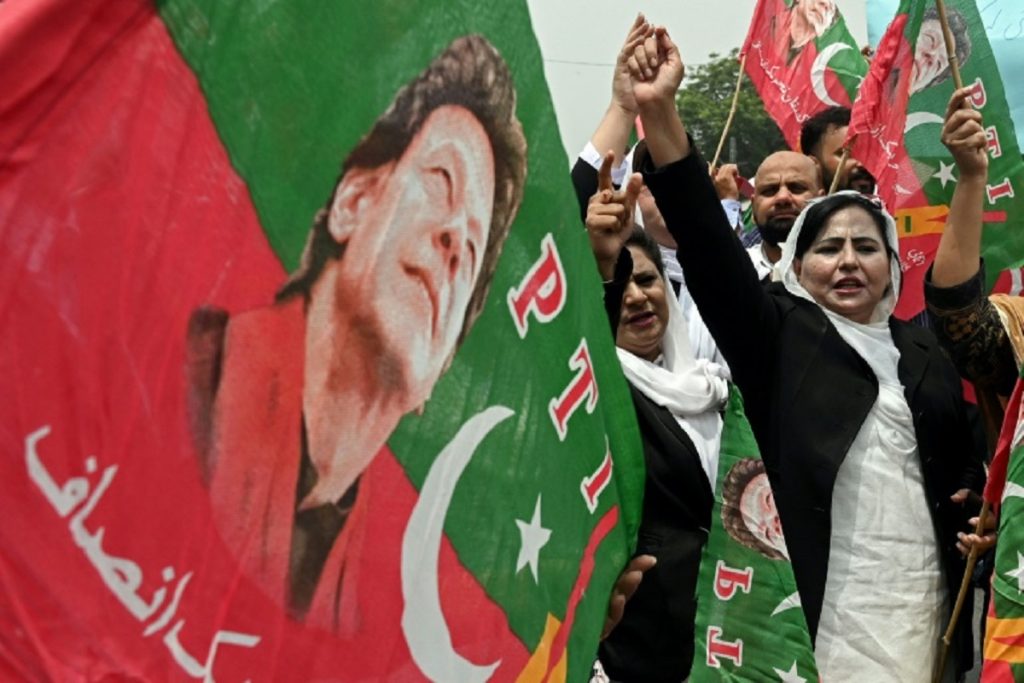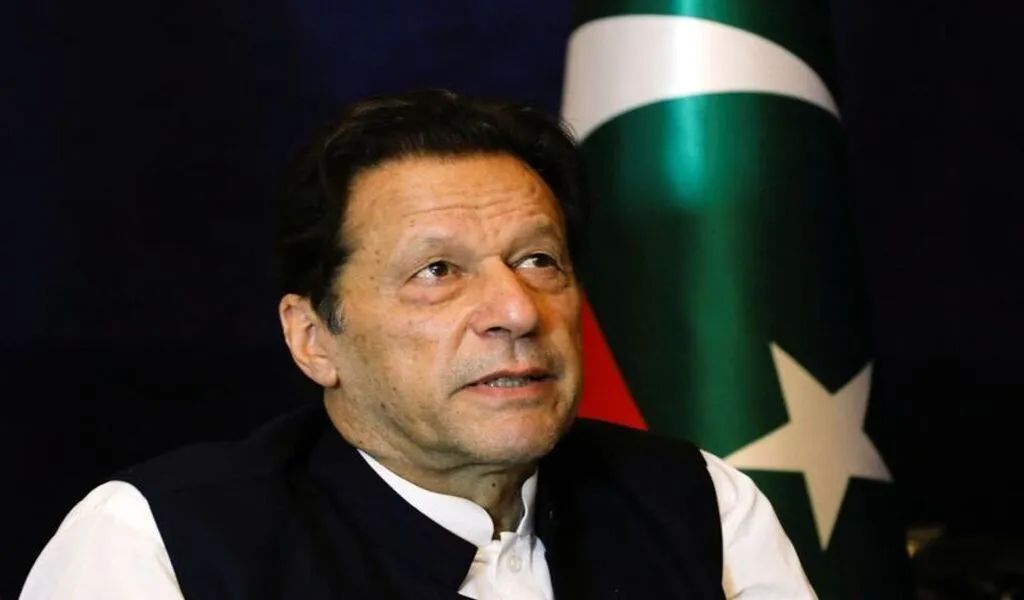Former Pakistani Prime Minister Imran Khan’s arrest is a violation of international law, according to a United Nations Human Rights Council working group. The detained leader should be released immediately the UN group reported.
The U.N. Human Rights Council Working Group on Arbitrary Detention recommends releasing Mr. Khan immediately and providing him with restitution and reparations under international law.
The United Nations working committee stated that Khan’s legal troubles were part of a “much larger campaign of repression” against him and his Pakistan Tehree-e-Insaf (PTI) party.
It claimed that in the run-up to the 2024 elections, members of Imran Khan’s party were imprisoned and tortured, and their rallies were interrupted. There was also “widespread fraud on election day, stealing dozens of parliamentary seats.”
The Pakistani embassy in Washington made no immediate comment. The Pakistani election commission denies that the elections were rigged.
Khan has been in jail since August of last year, and he was convicted in certain cases before of the February national election. He is also fighting dozens of other cases that are ongoing. Khan and his party claim that the allegations were politically motivated in order to prevent him from returning to power.
Imran Khan’s cases overturned
In recent months, Pakistani courts postponed Khan’s jail sentences in two cases involving the illicit acquisition and selling of public goods, as well as overturning his conviction on allegations of leaking state secrets.
However, he has stayed in prison due to a conviction in another case, in which a trial judge found that his 2018 marriage was illegal. Khan will also stand trial on anti-terrorism charges stemming from events in May of last year.
Khan rose to power in 2018 and was deposed in 2022 after clashing with Pakistan’s formidable military. He claimed that the US and Pakistani military played a part in his removal via parliamentary no-confidence vote. Both dispute the allegations.
Following Khan’s ouster, multiple legal charges were filed against him, excluding him from running in the February election.
Despite not running himself, Khan-backed candidates won the most seats, but the Pakistan Muslim League-Nawaz (PML-N) and Pakistan Peoples Party (PPP) created a coalition government, Reuters reports.
The United States, Britain, and the European Union voiced worry over apparent anomalies in the polls and called for an investigation, while United Nations Secretary-General Antonio Guterres expressed concern about violence and the suspension of mobile communications services during the elections.
 Khan’s Rise in Pakistan
Khan’s Rise in Pakistan
Imran Khan, a former cricket star who is now a politician, has had an exciting life. He won the 1992 Cricket World Cup and became a national hero in Pakistan.
After retiring from sports, he went into politics, creating the Pakistan Tehreek-e-Insaf (PTI) party in 1996. It was not an easy journey; he spent years in opposition, frequently chastised for his lack of political experience. However, his perseverance paid off when the PTI won the 2018 general elections and appointed him Prime Minister.
His reign has been characterized by both praise and criticism. Supporters applauded his efforts to combat corruption and enhance healthcare and education. Critics claim that his administration has not done enough to stabilize the economy or address human rights concerns.
Regardless of one’s beliefs, Imran Khan remains a prominent player in Pakistan’s political landscape, combining charisma with a desire to change. His narrative is far from over, and his actions still determine Pakistan’s destiny.

Salman Ahmad is known for his significant contributions to esteemed publications like the Times of India and the Express Tribune. Salman has carved a niche as a freelance journalist, combining thorough research with engaging reporting.














